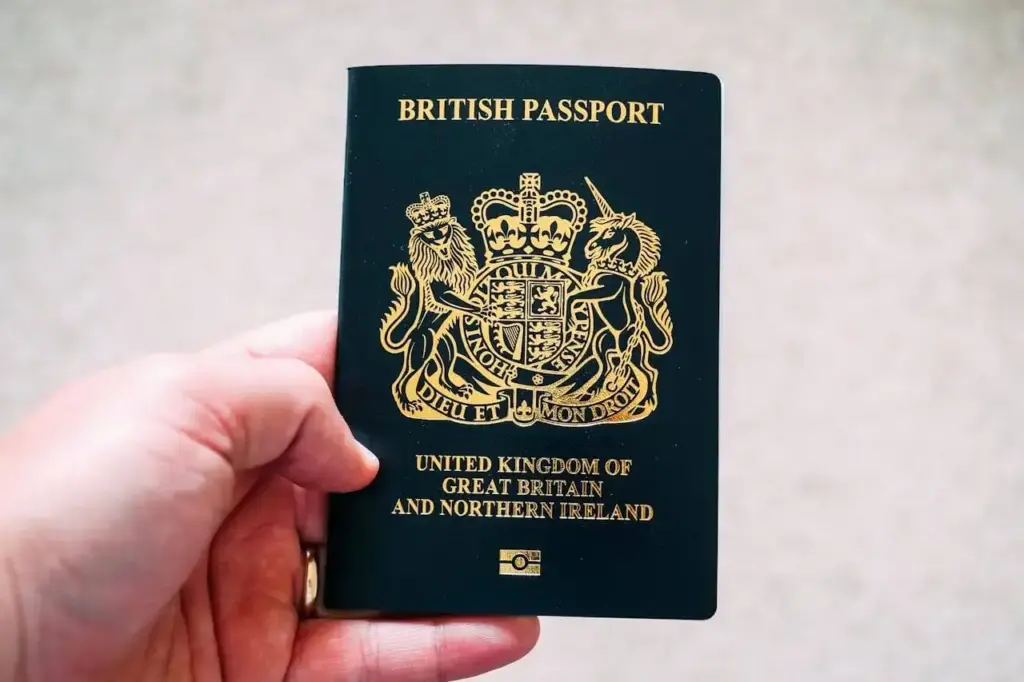A brief overview of the situation with enforcement of foreign judgments after BREXIT on cross-border civil and commercial cases linked to Spain.
Given the large amount of trade between the nations of the European Union, it is unsurprising that many cross-border disputes arise and end up being litigated. This, however, can lead to a difficult problem. How can I, as a party in a legal case, be sure that the final decision of the court is enforced on the opposing party, even if they are based abroad? Over several decades, the EU has developed a set of rules to resolve this issue, known as the Brussels Regime, allowing for much freer enforcement of civil and commercial court judgements between its member states. Now that the UK has left the Union, it is important to understand what has changed, what has not, and what the future of this relationship will look like.
Under the Lugano Convention of 2007, part of the Brussels Regime, there are very few barriers to enforcing a civil court judgement in another EU country. Except for rare cases where a decision is, for instance, obviously incompatible with the public law of the country where it is to be enforced, all that is needed is a translation of the judgement and a court certificate. As part of the European Union, these rules officially applied to the United Kingdom until 31 January 2020. In addition, any court case filed before the end of the transition period on 31 December was and is still subject to this more frictionless system.
Regarding cases beginning after that date, however, the UK no longer follows the Lugano Convention, and new procedures are therefore necessary. A Spanish judgement, for example, is now not immediately enforceable in Britain. A totally separate claim would have to be filed in a British court followed by a months-long process even without a defence. Furthermore, the Brussels Regime rules regarding jurisdiction have ceased to apply, leaving the door open to two proceedings on the same case running simultaneously in the UK and Spain. This is all likely to be very expensive and time-consuming for anyone thinking about engaging in legal disputes involving Spain and the UK.
On 8 April 2020, the UK Government formally applied to rejoin the Lugano Convention as an independent state. If this is accepted, civil judgement enforcement will return to pre-Brexit rules. However, for the UK to re-enter would require all the other countries that have signed the Lugano Convention to give consent and so far, only Iceland, Norway and Switzerland have done so.
Even so, there is another way to avoid these problems. The Hague Choice of Court Convention of June 2005, which the EU and UK have both independently joined, offers a solution. Under the Convention, parties in civil law cases may enter into a ‘choice of court agreement’ and so choose the court in which they want any dispute to be heard. This court must be in one of the countries that have signed the Convention and its decision is automatically recognized in all other signatory countries. In short, this would remove the need for multiple lengthy cases and simplify the process of resolving cross-border disputes significantly. For more information, see the UK Government advice website on cross-border civil and commercial cases.




